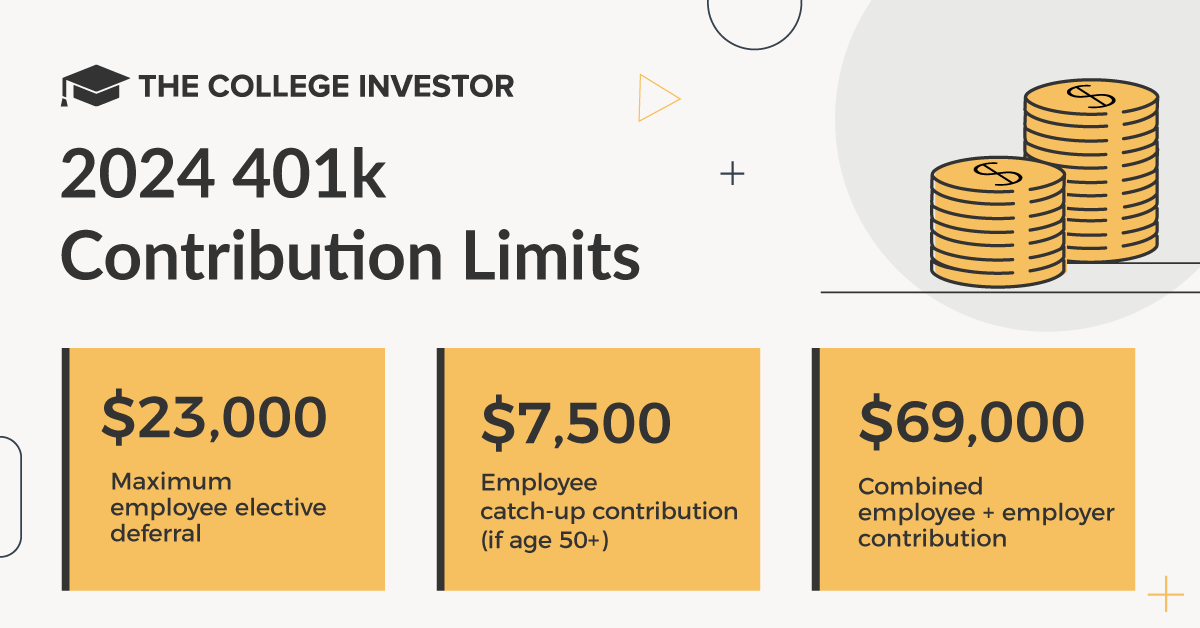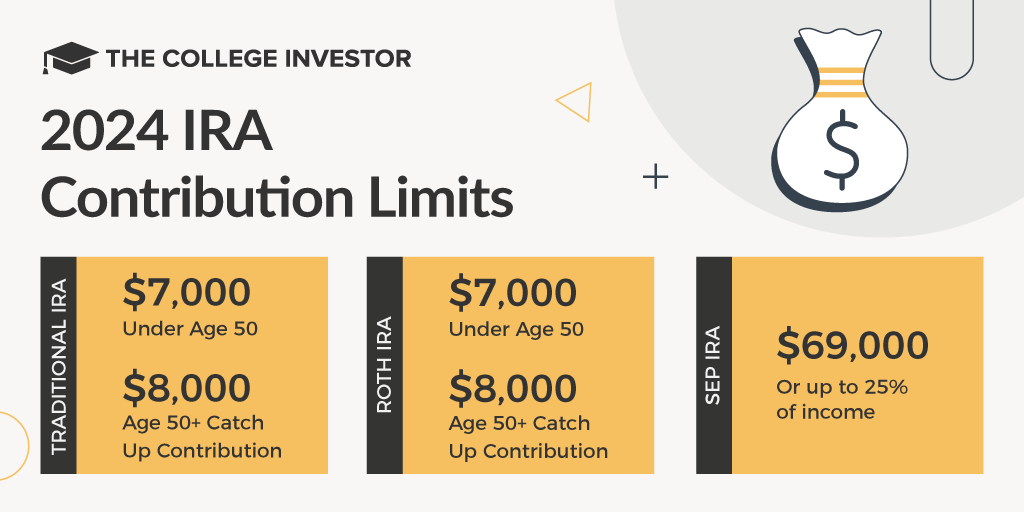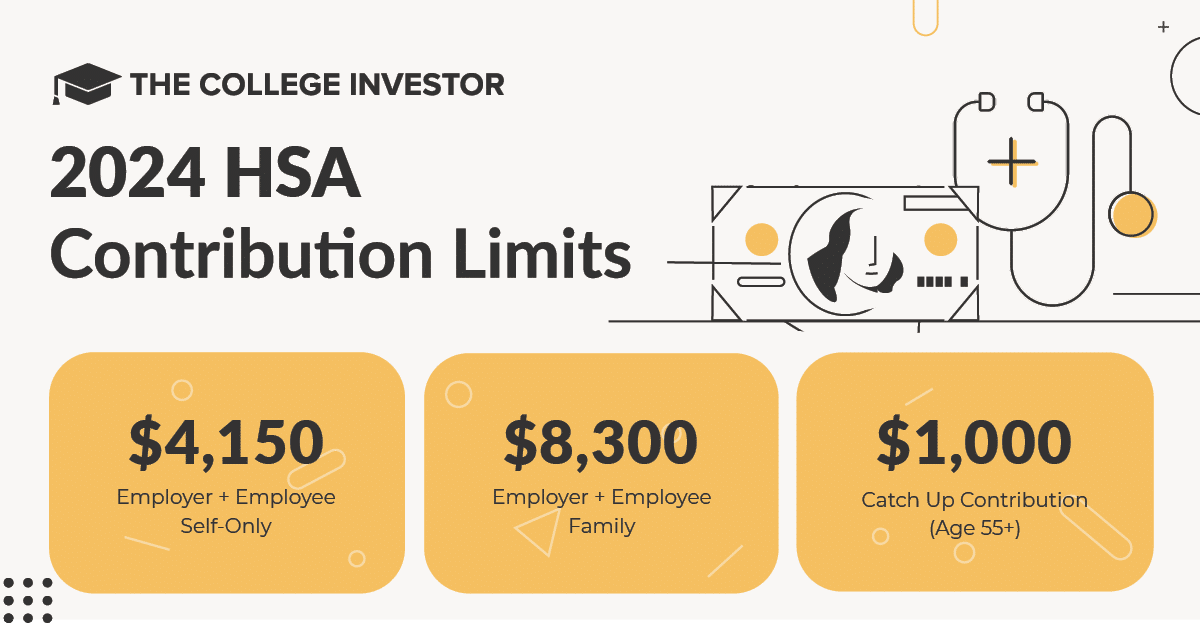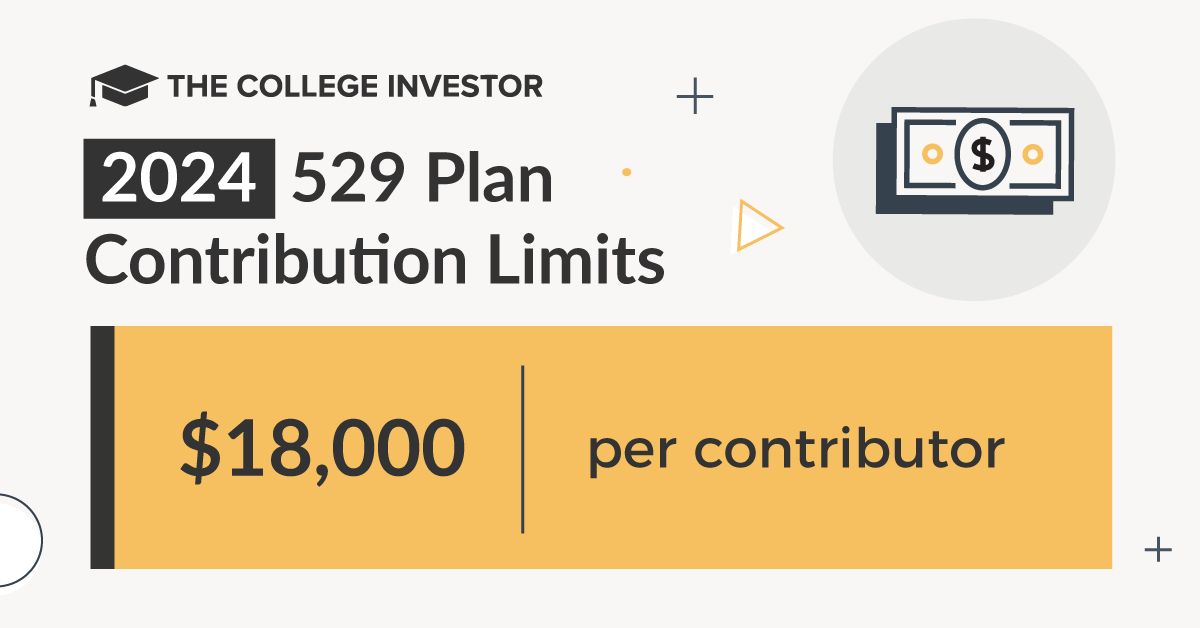
Source: The College Investor
We're approaching the end of the year, so now's the time to make plans to save on your taxes and influence your tax situation.
I'm not talking about going Donald Trump-style and losing lots of money to offset your gains. I'm talking about some practical actions you can take today that will lower your tax bill for the year.
So, without losing a bunch of money, here are ten different ways that you can save on your taxes before the end of the year.
1. Boost Your 401k Contribution
One of the best ways to save on your tax bill today is to contribute to your 401k or 403b. These accounts allow you to save pre-tax money for retirement. The result? You pay less in taxes today because the money grows tax free until you withdraw it in retirement.
For 2024, the 401k contribution limit is $23,000, but if you're over 50 years old, you can make an additional $7,500 catch up contribution.
If you're not at the limit yet, adding to your 401k is a great way to save money AND save on your taxes.
And remember, the 401k contribution limits change each year, so check them out here: 401k Contribution Limits.

Source: The College Investor
2. Max Out Your Traditional IRA
Along the same lines as a 401k, you can contribute to a traditional IRA and lower your taxable income. Deciding whether to contribute to a Roth or Traditional IRA can be tough, but if you're thinking about just this year's taxes, then using a traditional is the way to go.
For 2024, you can contribute $7,000 to an IRA if you're under age 50, and $8,000 if you're over age 50.
And remember, while there are no income limits to contribute to a traditional IRA, there are income limits that might prevent you from deducting your contribution.
Learn about the IRA contribution and limits here.

Source: The College Investor
3. Max Out Your SEP IRA Or Solo 401k
If you're a side hustler, it's essential that you take advantage of a SEP IRA or Solo 401k to lower your taxable income. Side hustles are great (and here's a list of 50 you can try), but it's important to remember that most of that income doesn't have taxes withheld, so you're going to face a large tax bill on your side hustle money.
By contributing to a SEP IRA or Solo 401k, you can defer some of that money into the future and avoid paying taxes on it today. It's a great way to, not only save, but to lower your tax bill this year.
Contributing to a SEP IRA is easy, and you can do so all the way until April 15. Setting up a solo 401k is a bit harder, and you have to have your plan setup by the end of the year to be able to make contributions to it. But you can also save a LOT more money.
In 2024, with a SEP IRA, you can save 25% of your income, up to $69,000 per year. With a Solo 401k, you can save up to $69,000 per year as well!
4. Max Out Your HSA
We're huge fans of using your Health Savings Account to save for retirement. If you have the ability to max out your HSA this year, make sure that you contribute as much as possible. And remember, if you can afford it, don't get your reimbursements this year. Save your receipts and let the money in your HSA grow for you.
A reminder - the HSA is like your IRA, and you can actually make your 2024 contributions all the way until April 15, 2025.
In 2024, you can contribute up to $4,150 if you're single, and $8,300 if you're a family. If you're over 55, you also get a $1,000 catch-up contribution. Read the full HSA Contribution Limits here.

Source: The College Investor
5. Save For Your Children's College
Contributing to your child's 529 plan is a great way to save for college, but it's also a potential tax benefit to you. If you live in one of the 32 states that offers tax deferred 529 plan contributions, this can be a great way to lower your state income tax bill.
While the Federal government doesn't offer any deductions for contributing to a 529, many states do.
Contributions to a 529 plan are considered gifts, and so the limits for contribution are based on the gift tax exemption.
You can contribute up to $18,000 per child, per year, per person gifting. So, married couples could contribute $36,000 per child, per year. There's also a 5 year contribution rule, where you can give a full $90,000 per child in one lump sum, and it counts as a contribution for the next five years.
Learn more about 529 Plan Contribution Limits here.

Source: The College Investor
6. Make Energy Efficient Improvements To Your Home
If you make energy efficient improvements to your home, you can qualify for tax credits that can help you save on your taxes this year.
In 2024, you can get up to $3,200 in tax credits, depending on what you do.
The maximum credit you can claim this year is:
- $1,200 for energy property costs and certain energy efficient home improvements, with limits on doors ($250 per door and $500 total), windows ($600) and home energy audits ($150)
- $2,000 per year for qualified heat pumps, biomass stoves or biomass boilers
All of these credits can help you offset your income and can provide great savings. Learn more about these tax credits here.
7. Maximize Your Work-Related Expense Deductions
The fact is, most people are terrible about keeping track of their expenses. I'm not saying that you should spend more so you can deduct your expenses - I'm simply saying you need to keep track and deduct what's correct.
Some work related deductions that you can potentially take:
- Transportation and travel - mileage is one that a lot of people miss or forget to calculate
- Meals and entertainment
- Union and professional dues
- Uniforms, if your employer doesn't reimburse you and they can't be worn outside of work
- Work-related educational expenses, especially if continuing education is required by your job
The same rules apply if you work for yourself. For example, if you drive for Uber or Lyft, you should be keeping accurate track of your mileage and expenses related to driving. These will all offset your income and help lower your tax bill.
So, keep track of your expenses and save money.
8. Donate To Charity
Another great way to save is simply by donating to charity. Your donations of both cash and things can be deducted from your taxes. However, for 2024, there is no way to claim charitable contributions without itemizing your tax return.
So, right now, start doing some fall cleaning, get organized, and see what you don't need anymore. Some rules of thumb include:
- Clothes you haven't worn in a year
- Old children's clothes or toys they don't use anymore
- Items sitting in your garage unused for a year
Take these items to a local charity, save your receipt, and deduct your donation on your tax return.
9. Sell Your Loser Stocks...
Now, I know I mentioned up top to not be a loser like Donald Trump and take huge losses simply to avoid taxes. But...even good investors have poor performing stocks. Now's a great time to look at your portfolio and sell some losers to take the capital loss.
This strategy is called tax loss harvesting.
It can be an effective strategy, especially if you have a lot of capital gains in your portfolio from earlier in the year.
When you do it, make sure you're being mindful of the capital gains tax brackets.
But on the flip side...
10. Wait To Rebalance Your Portfolio
This sounds odd, but wait until the new year to rebalance your portfolio. You see, many mutual funds and ETFs pay out their dividends and capital gains in December. If you sell your losers at the end of the year, simply wait until January before deploying that money.
If you buy into a mutual fund or ETF right before the distribution, you are effectively buying yourself a tax burden. Since the distributions are a part of the Net Asset Value (NAV) anyway, you're not missing much by waiting just a couple weeks.
Here's our guide to rebalancing your portfolio across multiple accounts.
Things To Consider For Next Year
There are some things you just can't change this year (maybe you've already sold some stocks or had other gains), but right now is typically open enrollment for many people. And that means there are changes that you can make for next year.
If lowering your taxable income is a goal for you, consider making these changes during open enrollment:
- Maximize Your 401k Contribution
- Choose a High Deductible Health Care Plan with an HSA
- Maximize Your HSA
- If you have children, take advantage of a Dependent Spending Account for child care costs
- If you commute to work, consider a Transportation Spending Account if eligible
What else? What are you doing to lower your taxable income each year?

Robert Farrington is America’s Millennial Money Expert® and America’s Student Loan Debt Expert™, and the founder of The College Investor, a personal finance site dedicated to helping millennials escape student loan debt to start investing and building wealth for the future. You can learn more about him on the About Page or on his personal site RobertFarrington.com.
He regularly writes about investing, student loan debt, and general personal finance topics geared toward anyone wanting to earn more, get out of debt, and start building wealth for the future.
He has been quoted in major publications, including the New York Times, Wall Street Journal, Washington Post, ABC, NBC, Today, and more. He is also a regular contributor to Forbes.
Editor: Clint Proctor Reviewed by: Colin Graves
